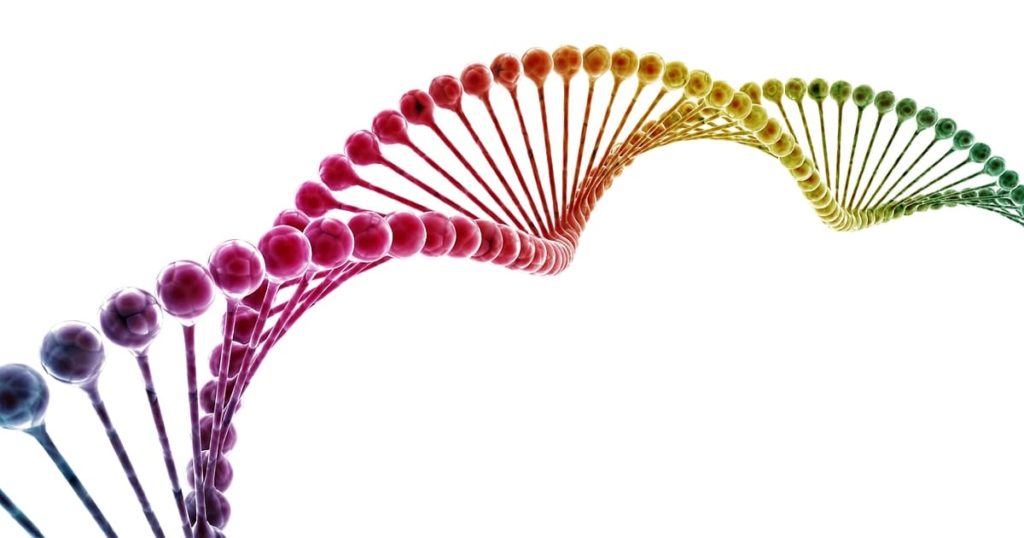Ask anyone to name an organ that is affected by binge drinking, and they’ll likely name the liver. Just how bad is drinking for your liver? Catastrophic. Your liver is damaged every time you drink alcohol, an inherently poisonous substance, and eventually the liver ceases to function. Untimely liver failure is a serious, yet common, consequence of alcoholism. Other organs are affected by binge drinking as well. Let’s take a look at exactly what happens to your body when you drink heavily or over a long period of time.
- Cardiomyopathy is a common heart complication among binge drinkers. This condition affects the muscles of the heart, which begin to stretch and droop. Ultimately, this affects blood flow through the heart and has widespread repercussions, including an irregular heartbeat, fatigue, shortness of breath, high blood pressure and even an increased risk of stroke or heart attack.
- Alcohol disrupts the function of neurotransmitters, and over time this damage can lead to mood challenges like depression and anxiety, memory problems and even seizures. In rare cases, hallucinations, poor coordination control and confusion can also occur.
- High blood pressure is one potential side effect of binge drinking, and it not only affects your cardiovascular system, but also your kidneys. High blood pressure can result in kidney damage and even kidney failure. Alcohol also influences the kidneys by dehydrating the body, making the kidney’s regulatory function more difficult.
- The pancreas is responsible for secreting enzymes into the small intestines to aid in digestion, but alcohol sends mixed signals to this organ. Instead, the pancreas can begin to secrete those enzymes within itself, causing an inflammatory condition called pancreatitis. Nausea and vomiting are common symptoms.
- And yes, the liver. Still wondering how bad drinking is for your liver? Alcohol destroys the liver, permanently damaging the body’s ability to rid itself of toxins, protect itself from infections, and give itself proper nutrition. Poor nutrition can, in turn, significantly increase the side effects of alcohol-induced brain damage, such as poor memory function and a brain disorder known as Wernicke-Korsakoff Syndrome.
Want to say “thank you” to your liver and all the other organs that work tirelessly to keep you healthy and alive? Stop drinking alcohol. Help for alcohol abuse is available so that you can quit this devastating addiction. Call us today for a confidential consultation. Sources https://pubs.niaaa.nih.gov/publications/aa63/aa63.htm https://www.kidney.org/atoz/content/alcohol






